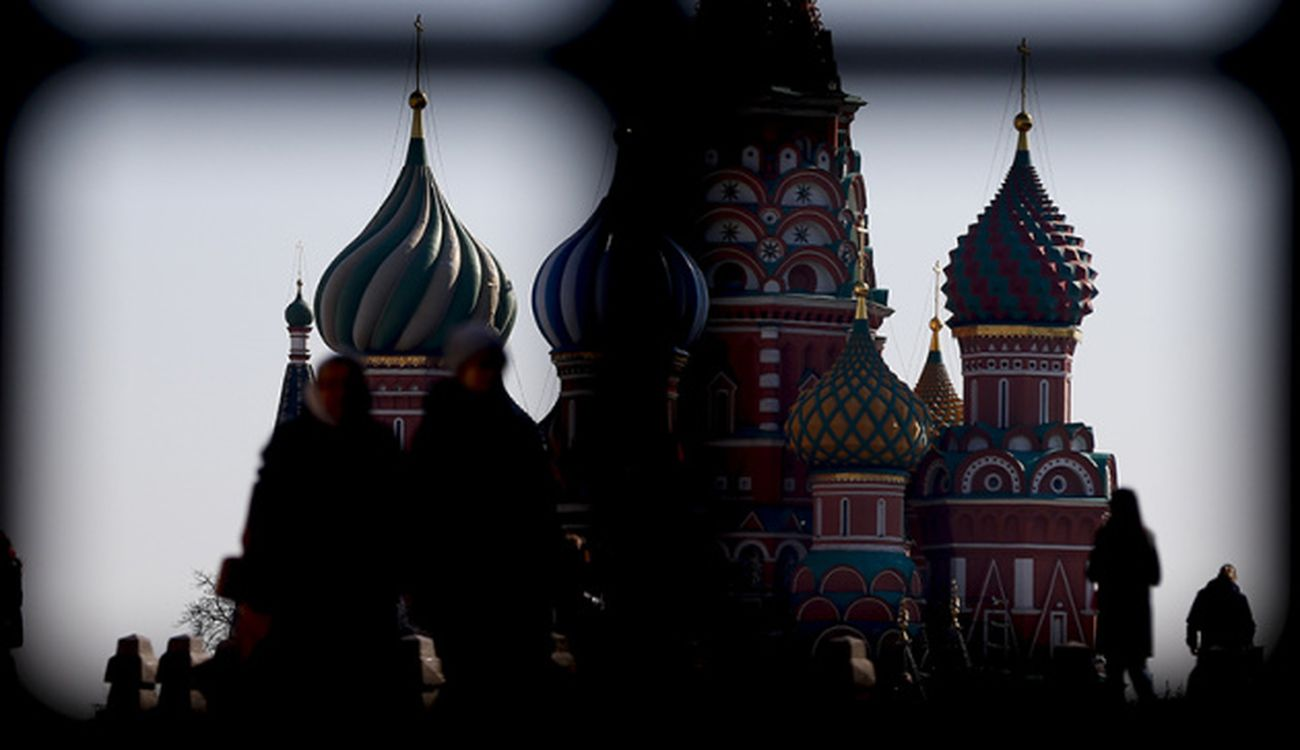Kremlin avoids responding to Trump’s nuclear threats, but does not rule out talks with Zelensky
4 August 16:10
Moscow says it does not want to get involved in a public debate over nuclear threats made in response to recent statements by the Kremlin. This position was voiced by the spokesman for Russian dictator Vladimir Putin, Dmitry Peskov, after US President Donald Trump’s decision to deploy two nuclear submarines in “appropriate regions.” This was reported by Radio Liberty, "Komersant Ukrainian" reports.
This was the Kremlin’s first official reaction to Trump’s move, which was a response to another aggressive statement by former Russian President and Deputy Chairman of the Russian Security Council Dmitry Medvedev. The latter accused Trump of trying to “dictate the terms of peace” and warned that his ultimatums could “lead to war.”
“In general, of course, we would not want to get involved in such a controversy,” Peskov said.
At the same time, when asked whether Medvedev should be calmed down, he replied that the leadership of any country can have “different views and moods.” He also emphasized that Russia is “attentive to the issue of nuclear non-proliferation” and calls for caution in nuclear rhetoric.
Amid the tensions, the Kremlin does not rule out a possible meeting between Putin and Trump’s special envoy Steve Witkoff, who, according to the US president, is due to arrive in Russia on August 6 or 7.
In addition, on August 4, Peskov said that Putin did not rule out the possibility of a personal meeting with Ukrainian President Volodymyr Zelenskyy. At the same time, he said, “all the preparatory work for such a meeting has not yet been done,” and additional expert agreement is needed.
President Zelenskyy has previously stated that he is ready for a dialogue at the level of leaders if Russia really wants to end the war and achieve a lasting peace.
As a reminder, on July 14, Donald Trump issued a 50-day ultimatum to Russia, demanding an end to the war. On July 28, he reduced the deadline to 10-12 days, saying that he no longer saw any point in meeting with Putin in person, although he insisted on the need to conclude a peace agreement.
Against this backdrop of tension, Putin’s constant nuclear threats are also worth mentioning. In particular, he has approved a new nuclear doctrine that allows for a strike even in the event of non-nuclear aggression, and has deployed nuclear warheads in Belarus. This prompted accusations of nuclear blackmail from Ukraine and the West.
The latest talks between the Ukrainian and Russian delegations took place on July 23 in Istanbul.









